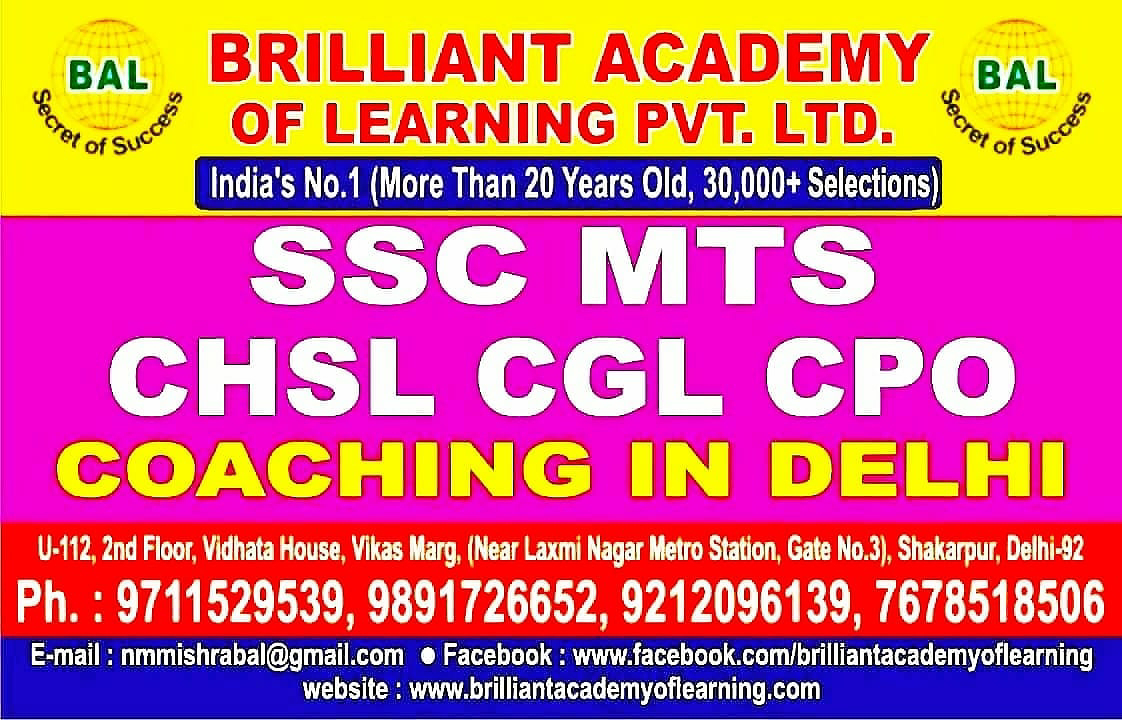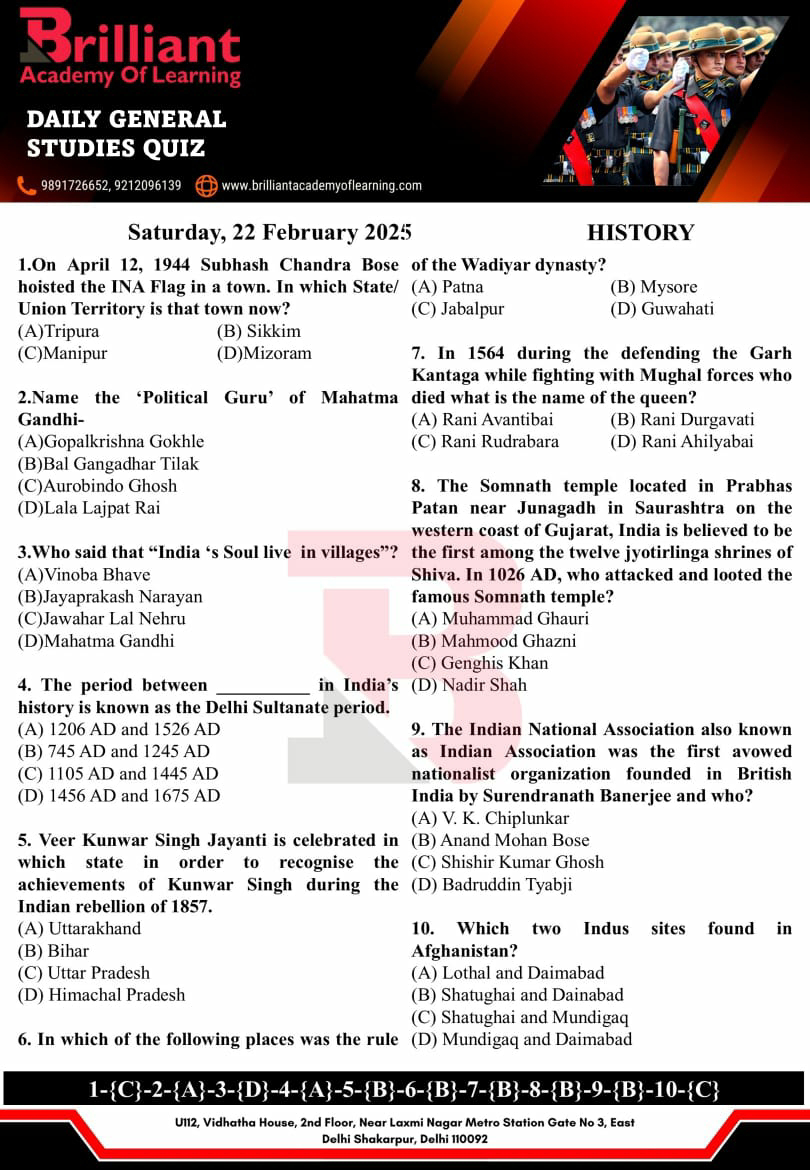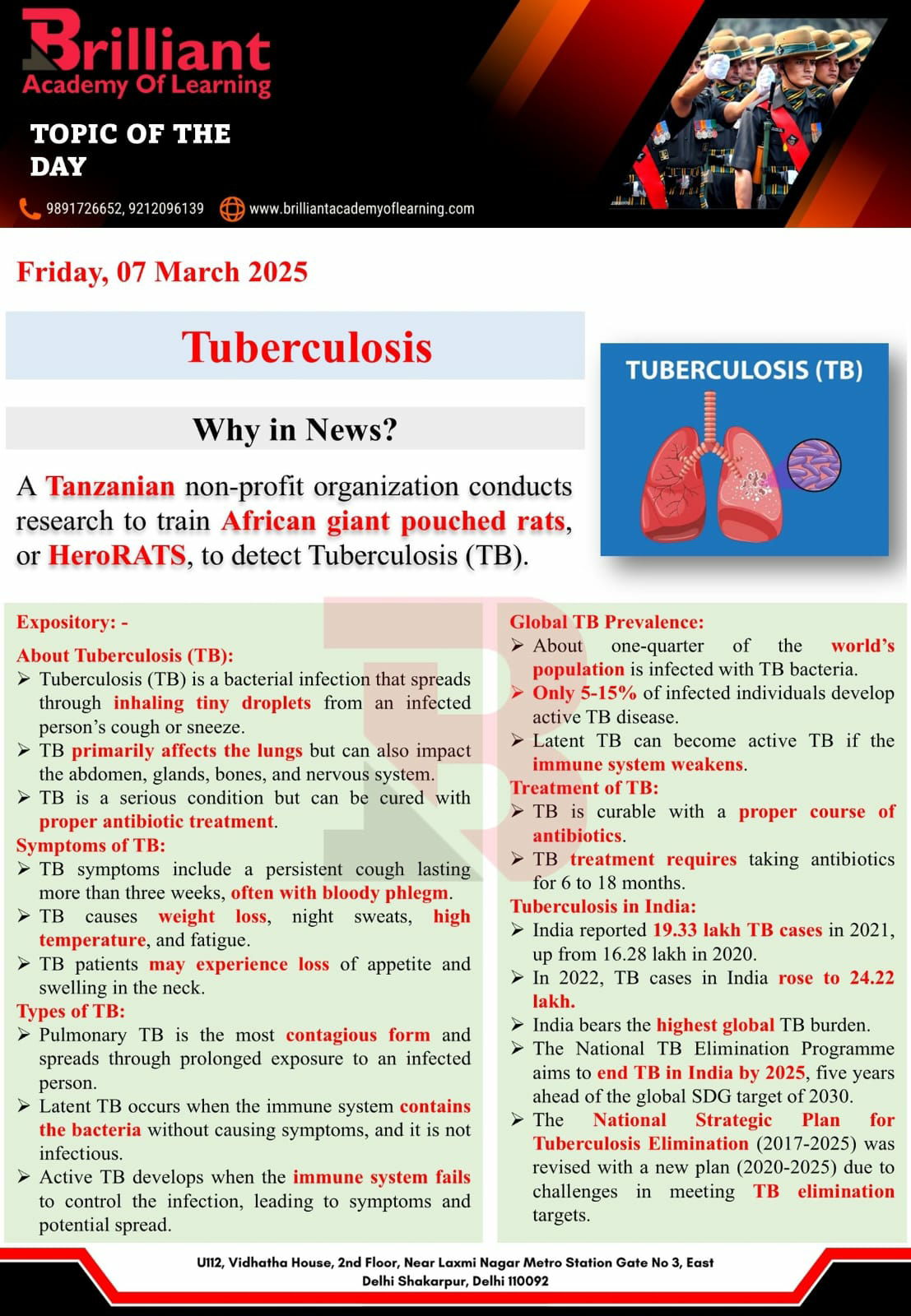Indian National Movement
# Hi !
Indian National Movement can be studied under three heads :
1.Moderate period (1885 - 1905)
2. Extremist or Militant period (1905-1919)
3.Gandhian period (1919-1947)
Moderate leaders were M. G. Ranade, Gopal Krishna Ghokle, Dada Bhai Naoroji, Surendra Nath Banarji, W. C. Banerji, Badruddin Tyabji, Firoj Shah Mehta etc.
Extremist leaders were Lala lajpat Roy, Bal Gangadhar Tilak, Bipin Chandra Pal & Aurbindo Ghosh.
Leaders during Gandhian period were Mahatma Gandhi, Motilal Nehru, C. R. Das, Subhash Chandra Bosh, Sarojini Naidu, C. Rajgopalchari, Khan Abdul Gaffar Khan, Mohammed Abdul Kalam Azad, Jawahar Lal Nehru, Sardar Patel, Binoba Bhave, Jay Prakash Narayan etc.
Some Revolutionary leaders who acted on their own were Ras Bihari Bosh, Praful Chaki, Chandra Shekhar Azad, Bhagat Singh, Rajguru, Sukhdeo, Ram Prasad Bismil, Asfaqulla, Surya Sen, Subhash Chandra Bosh after leaving Congress.
During the Moderate period demands raised were Indianization of civil services, providing sanitation facilities, to provide education to Indians and other soft demands to prevent arousal of anger of British. In Moderate period movement remained limited to Upper Class Indians.
Indian National Congress was founded by
A. O. Hume, a former British Civil servant in 1885 in Bombay during the period of British viceroy Lord Dufferin to provide safety valve to the growing grievances of Indians.
The first annual session of Indian National Congress was held in Bombay attended by 72 delegates and presided by W. C. Banerji.
The second annual session of Indian National Congress was held in Calcutta which was presided by Dadabhai Naoroji.
The third annual session of Indian National Congress was held in Madras which was presided by first Muslim President, Badruddin Tyab ji.
The Fourth annual session of Indian National Congress was held in Allahabad which was presided by first Englishman George Yule.
From the representations given in first 4 annual sessions to the various sections of the society, Indian National Congress clearly indicated that it was going to give voice to whole India.
M. G. Ranade is called political father of Gopal Krishna Ghokhle.
Gopal Krishna Ghokhle is called political father of Mahatma Gandhi.
Gopal Krishna Ghokhle founded Servants of India Society in 1905. He presided 1905 annual session of Indian National Congress held in Calcutta in which the word Swadeshi was coined for the first time.
Dada Bhai Naoroji is called Grand Old Man of India. He founded East India Association in 1866. He became president of Indian National Congress 3 times. He presided 1906 annual session of the Congress in which Swaraj was declared as motto of the Congress. He was the first Indian to become member of British House of Commons. He propounded Drain Theory of Wealth in his book Poverty and Unbritish Rule of India. This was one of the greatest contributions during the Moderate period. In the Indian Council Act 1892 for the first time the word Election was used but franchise was marginal. Moderate leaders were criticized by the Extremist leaders and their policies were ridiculed by them as Policy of beggary. But in those circumstances it was necessary to organize the movement first, otherwise the British could have crushed the movement in the beginning itself.
Dear students in the next blog I on the behalf of Brilliant academy of Learning Pvt Ltd situated at Laxmi Nagar Metro Station Gate no. 3, Shakarpur, Delhi will continue the further history of Indian National Movement. Till that time good bye.
For more information about this contact 9212096139 /9891726652 /01165071822 /7678518506
https://www.brilliantacademyoflearning.com/courses.html



Comments
Post a Comment